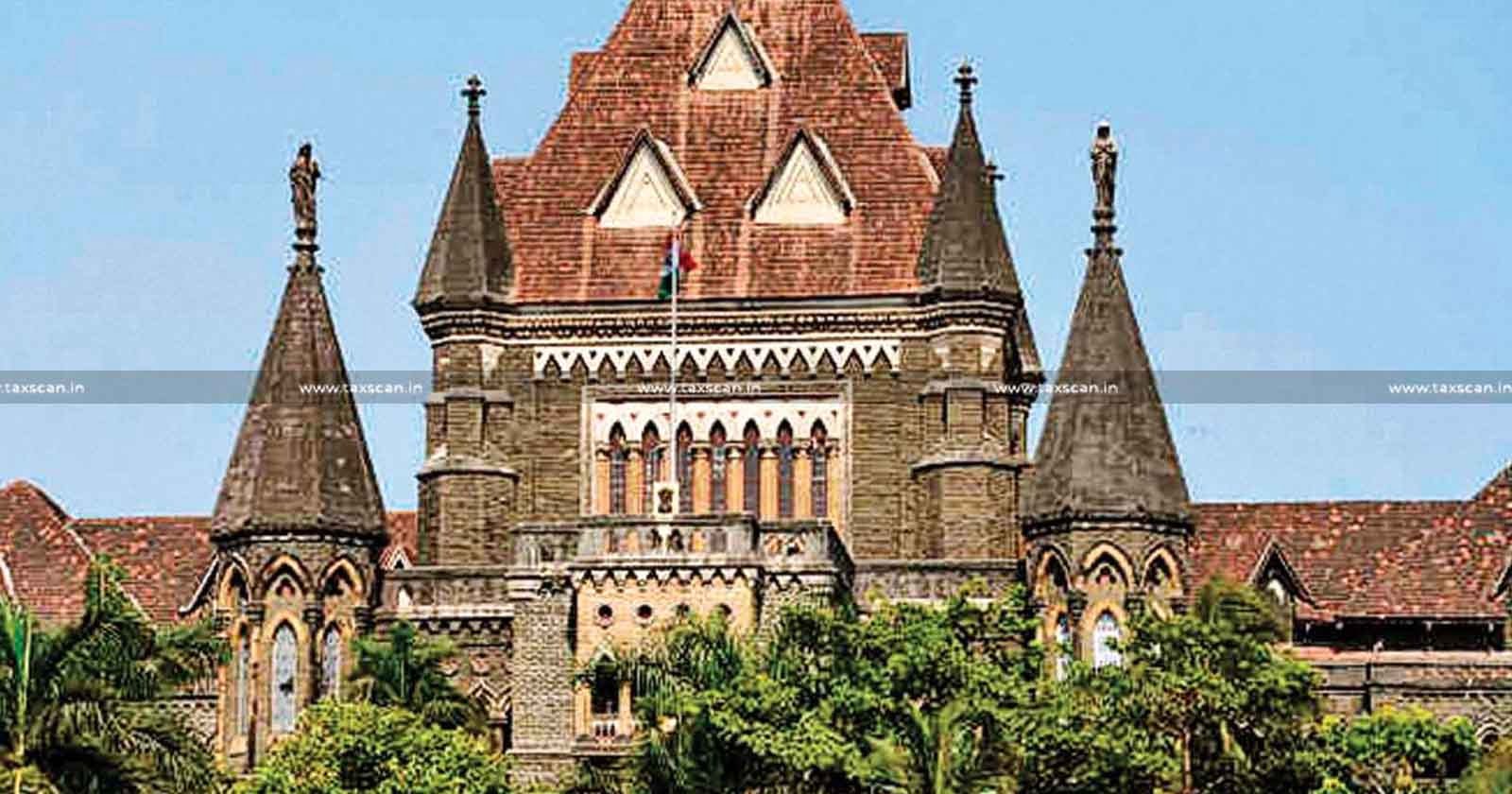Bombay HC quashes Order of Deputy Commissioner of Customs in Neglect of AAR Ruling of Assessee [Read Order]
Bombay High Court has quashed the order of the Deputy Commissioner of Customs that was passed neglecting the AAR ruling given to assessee

bombay hc – AAR – Deputy Commissioner – CUSTOMS – TAXSCAN
bombay hc – AAR – Deputy Commissioner – CUSTOMS – TAXSCAN
Recently, the Bombay High Court has overturned the customs deputy commissioner's decision that diverged from the ruling issued by the Authority of Advance Ruling (AAR).
Justices G.S. Kulkarni and Jitendra Jain emphasized the binding nature of the AAR's decision on both the petitioner and the respondents/department under Section 28 J(1) of the Customs Act.
Section 28J of the Customs Act, 1962 elaborates on the applicability of advance ruling
(1) The advance ruling pronounced by the Authority under section 28-I shall be binding only—
(a) on the applicant who had sought it;
(b) in respect of any matter referred to in sub-section (2) of section 28H;
(c) on the Commissioner of Customs, and the customs authorities subordinate to him, in respect of the applicant.
The court highlighted the absence of any post-decision changes in the law and the department's acceptance of the ruling, with no subsequent challenges at a higher forum.
Prakash Shah and Aansh Desai i/b. Pythagoras appeared for the Petitioner and Jitendra B. Mishra i/b. Maya Majumdar represented the Respondents.
The petitioner, involved in importing a variety of edible products, including processed betel nuts (supari), faced a classification dilemma. Importing different forms of supari from two specific suppliers, the goods arrived at Chennai and JNPT ports.
Seeking an advance ruling on the classification of betel nut products, the AAR concluded that 'unflavoured supari,' 'flavoured supari,' 'API supari,' and 'Chikni supari' fall under Customs Tariff Heading 2106 90 30. The ruling specified that betelnut products without lime, kath, and tobacco but containing other flavoring materials or additives should be classified as such.
The petitioner encountered challenges when importing betel nuts from Indonesia and Myanmar, classifying them as 'unflavoured supari' under CTH 21069030. The Department of Revenue Intelligence (DRI) contested this classification, leading to a legal dispute.
The petitioner, dissatisfied with the department's actions, filed a writ petition in the Madras High Court, asserting that the AAR's resolution of the classification issue was final. The AAR had ruled that 'unflavoured supari' should be classified under CTH 21069030.
Despite the AAR's ruling, the department rejected the classification of goods imported under CTH 21069030, ordering reclassification under heading 0802.
The petitioner argued that the AAR's decision, having achieved finality without a challenge at a higher forum, is binding on the respondents under Section 28J(1) of the Customs Act. The dismissal of the appeal filed before the Supreme Court was deemed insufficient to constitute a change of law, rendering the advance ruling still binding under Section 28J(2).
The department countered, asserting that the order-in-original (O-I-O) is appealable, directing the petitioner to pursue an alternative remedy. Citing various decisions, the department refused to entertain writ jurisdiction.
The Supreme Court's dismissal of the appeal and the non-binding nature of the AAR's ruling, according to Section 28J(2), were cited as justifications for the department's order.
Section 28J(1) emphasizes the binding nature of the AAR's advance ruling on the applicant and customs authorities, while Section 28J(2) introduces exceptions, allowing non-binding rulings in the event of changes in law or facts.
The court underscored the assessee's right to invoke writ jurisdiction under Article 226 of the Constitution, even with an alternative statutory remedy available. Grounds for invoking writ jurisdiction include breaches of fundamental rights, natural justice violations, orders passed without jurisdiction, or challenges to the statute's vires.
The court determined that the department's action, contrary to Section 28J provisions, lacked jurisdiction, rendering the Order in Original invalid.
As a result, the writ petition was deemed maintainable by the Division Bench of Justices G.S. Kulkarni and Jitendra Jain, and the petitioner was not compelled to pursue an appellate remedy.
To Read the full text of the Order CLICK HERE
Support our journalism by subscribing to Taxscan premium. Follow us on Telegram for quick updates


